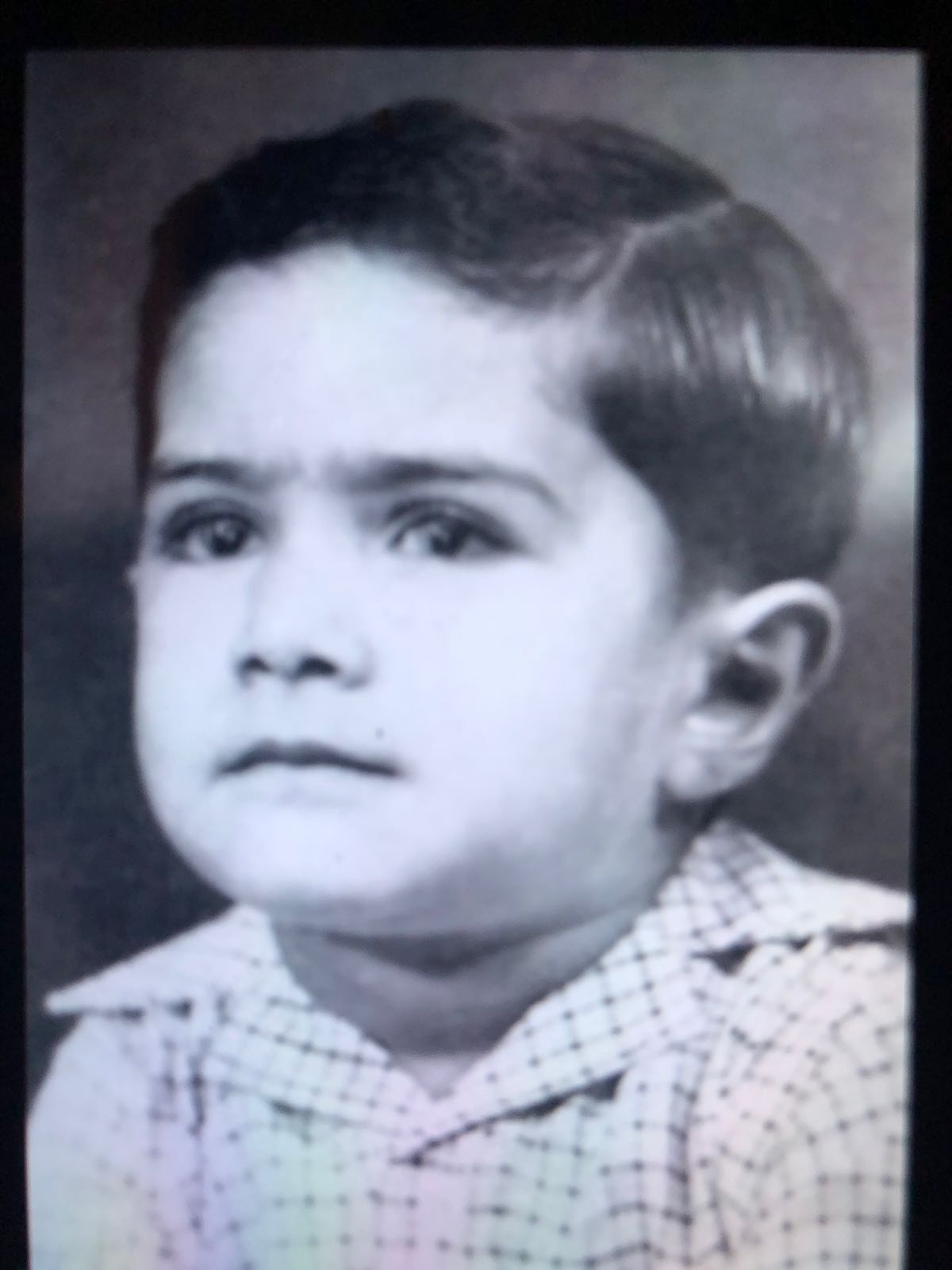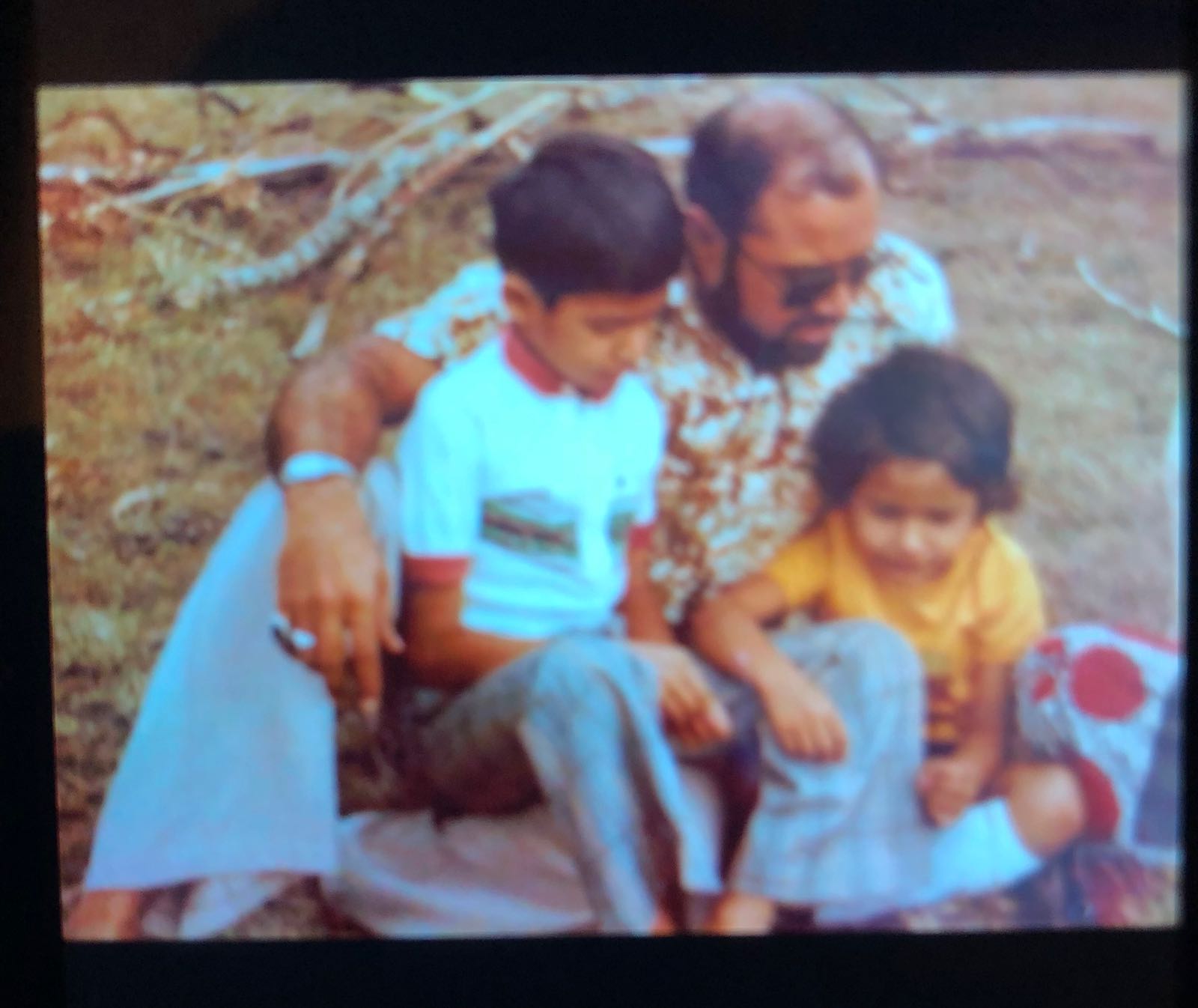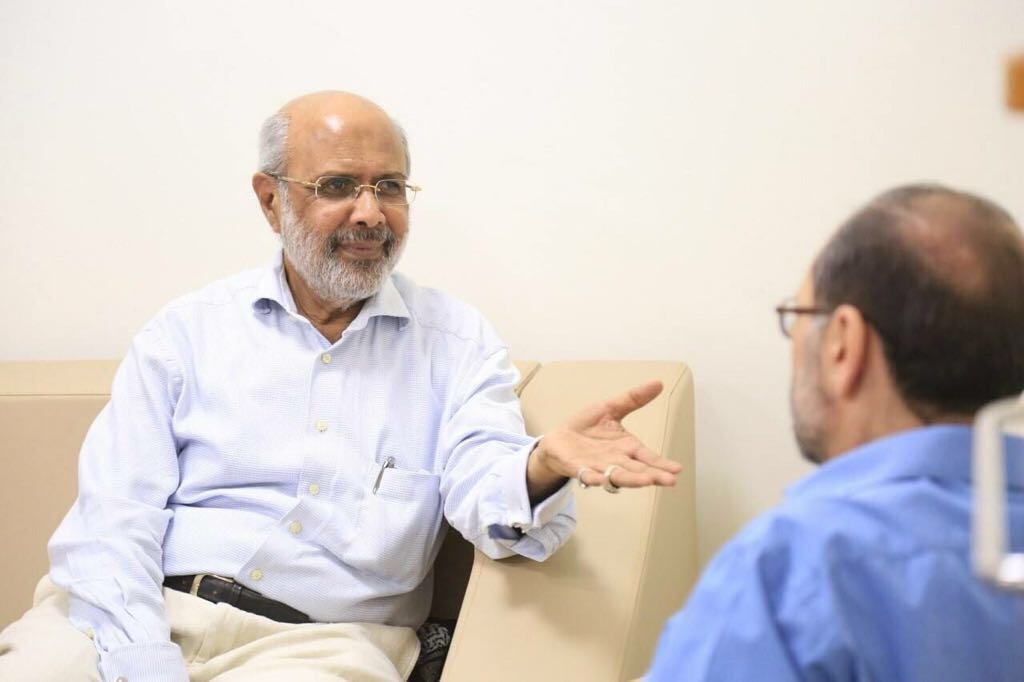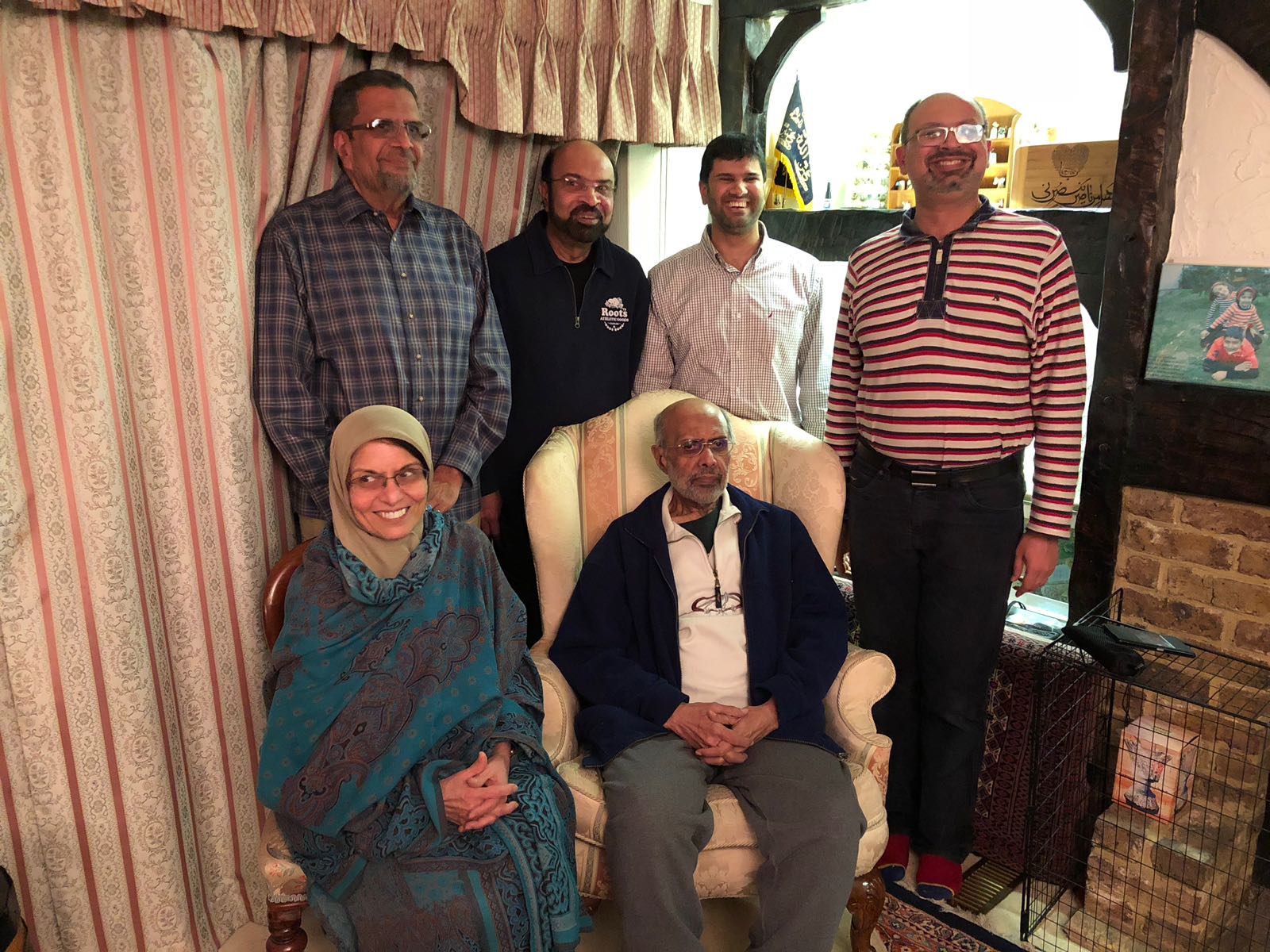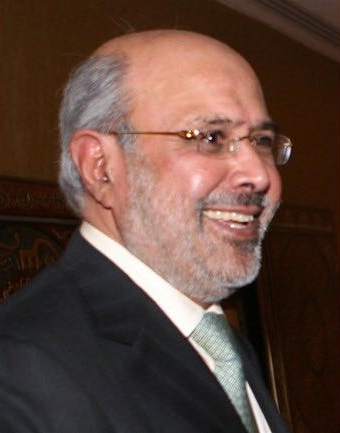Obituary
This is a reflection on the life of Amirali Gulamali Karim who transitioned from this temporary world to the permanent abode on January 7, 2018.
Karim was the Founder and Chair Trustee of the Lady Fatemah Charitable Trust for 21 years serving the needs of over a million people in sixteen different countries. Through the charity, he lived his ethos of empowering some of the neediest communities around the world by helping them earn a dignified living through initiatives in microfinance, healthcare, education, provision of water and housing.
Karim was born in Moshi, Tanzania, in the foothills of Mount Kilimanjaro on April 20, 1947. He was the eldest of four brothers, Murtaza, Hasnain and Ebrahim born to Gulamali and Khatoon Karim. He schooled and spent the first half of his career in Mombasa, Kenya, where he worked as an accountant in the retail goods sector.
From an early age, he served in local charities first as the Treasurer of the Kenyan Red Cross in Mombasa and then as founder of the Golden Crescent Group, a leadership development society that also engaged in providing water wells and distribution of food to some of the neediest communities in the coastal region of Kenya.
Karim migrated to London in the mid-1980s and spent the second half of his career working as a commodities broker specialising in gourmet coffee. It was in 1997 that Karim realised his ambition of setting up the Lady Fatemah Charitable Trust based on three basic principles:
1. No administrative cost in the distribution of charitable funds. The Trust has over 21 years distributed £25 million without any deduction from the donations or Gift Aid.
2. Empowerment, particularly of marginalised widows in Iraq, Afghan refugees and African villagers through innovative sewing machine workshops, clothing retailing, dairy farming and healthcare projects that assisted the needy to be able to return to financial independence.
3. Clear and accurate reporting for each project funded by the Trust and phasing the funding to ensure later tranches were only released if clear and accurate reports were received on work accomplished.
The Trust’s activities grew from the education of orphans in Iraq, training teachers in Pakistan and providing financial independence to schools in Africa to provide books and better salaries for teachers.
The Trust supported a range of education projects from deaf nursery children in Gaza to medical and engineering graduates and postgraduates from India, Lebanon and Pakistan and to water and irrigation projects in Pemba, the Thar desert in Pakistan, rural agrarian communities formed of widows whose husbands were killed by Daesh in South and Central Iraq. The charity was the first to distribute water purification systems and solar lighting to the dwellers of the marshlands in Southern Iraq thereby assisting these remote communities to live healthier lives and encouraging greater literacy amongst them.
Healthcare projects were close to Karim’s heart as he suffered from a retinal detachment in his mid-20s, a triple bypass in his late 40s and cancer in his late 60s. His response to each instance was to support people suffering from a similar affliction and so the Trust enabled over 12,000 cataract surgeries and equipped an ophthalmology wing at the Imam al Hujjah hospital in Karbala, assisted over 9,000 healthcare patients from Iraqi and Afghan refugees including cardiac and oncology patients and supporting poor and refugee families free access to the early detection scanning facilities.
On reflection, the innovation that Karim brought to charitable giving was to redress the poverty of resource in some of the neediest communities through innovative and challenging initiatives and in so doing he restored hope and imagination in those communities.
At the same time, Karim constantly strived to run LFT on standards that were no less than the global standards established by other well-known philanthropic bodies, notably in the areas of financial management and delivery of programs.
The subsequent recognition and respect earned by LFT are in no small measure due to Karim’s determination to run the trust on the best possible standards followed globally.His dedication and tenacity to the work he was so passionate about spanned over 50 years in the charitable sector contributed to the successful delivery of the projects.
Much of his work challenged local customs and norms for and were directed at the restoration of human dignity and empowerment in all communities remained. His desire to serve humanity lasted to his final breaths where he yearned the opportunity to continue to serve Allah through His creation.
Karim is survived by his wife, Kanizefatema who loyally supported her husband’s humanitarian work, his son Mukhtar and daughter, Nabila, and grandchildren, Mohammad Mahdi, Hawra Fatemah, Abida Zahra, Mariam and Zainab.
Mukhtar Karim
